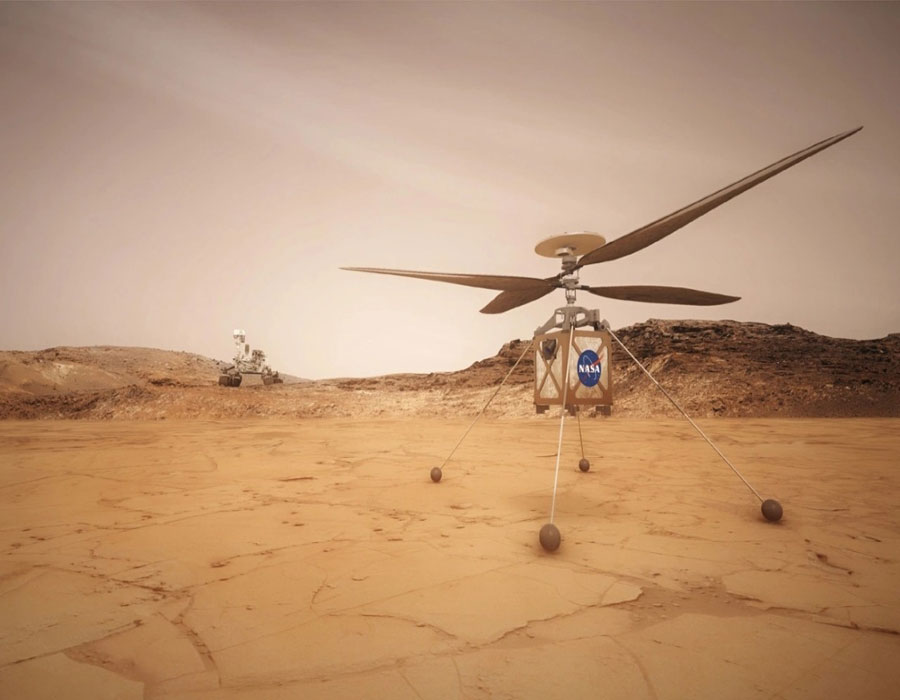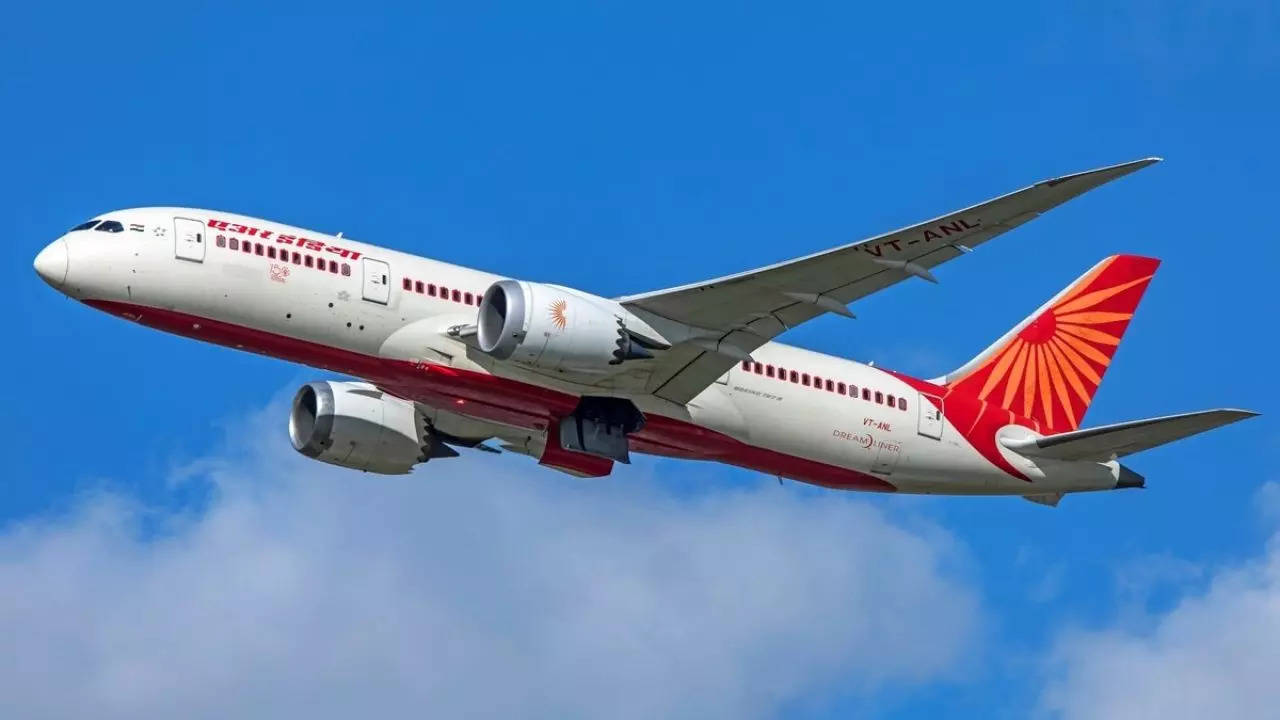NASA is targeting now April 11 for the Ingenuity Mars Helicopter to make the historic first attempt at powered, controlled flight of an aircraft on another planet.
The decision to push back the date of the launch from April 8 to April 11 was announced by NASA's Jet Propulsion Laboratory (JPL) in Pasadena, California, on Thursday.
"Come fly with us. #MarsHelicopter is preparing to do something that's never been done: controlled, powered flight on another planet. Takeoff is now slated for no earlier than April 11, with data arriving on Earth on April 12," NASA JPL tweeted.
Ingenuity flew to Mars while being attached to the belly of NASA's Perseverance rover, which made a February 18 touch down on the Red Planet.
Once deployed, Ingenuity will have 30 Martian days, or sols, (31 Earth days) to conduct its test flight campaign.
"When NASA's Sojourner rover landed on Mars in 1997, it proved that roving the Red Planet was possible and completely redefined our approach to how we explore Mars. Similarly, we want to learn about the potential Ingenuity has for the future of science research," Lori Glaze, Director of the Planetary Science Division at NASA Headquarters, had said in a statement.
"Aptly named, Ingenuity is a technology demonstration that aims to be the first powered flight on another world and, if successful, could further expand our horizons and broaden the scope of what is possible with Mars exploration."
Flying in a controlled manner on Mars is far more difficult than flying on Earth.
The Red Planet has significant gravity (about one-third that of Earth's), but its atmosphere is just 1 per cent as dense as Earth's at the surface.
During Martian daytime, the planet's surface receives only about half the amount of solar energy that reaches Earth during its daytime, and nighttime temperatures can drop as low as minus 90 degrees Celsius, which can freeze and crack unprotected electrical components.
To fit within the available accommodations provided by the Perseverance rover, the Ingenuity helicopter must be small.
To fly in the Mars environment, it must be lightweight. To survive the frigid Martian nights, it must have enough energy to power internal heaters.
The system -- from the performance of its rotors in rarified air to its solar panels, electrical heaters, and other components -- has been tested and retested in the vacuum chambers and test labs of NASA's JPL in Southern California.
"Every step we have taken since this journey began six years ago has been uncharted territory in the history of aircraft," said Bob Balaram, Mars Helicopter Chief Engineer at JPL.
"And while getting deployed to the surface will be a big challenge, surviving that first night on Mars alone, without the rover protecting it and keeping it powered, will be an even bigger one."
(Courtesy: IANS)








 OpinionExpress.In
OpinionExpress.In















Comments (0)